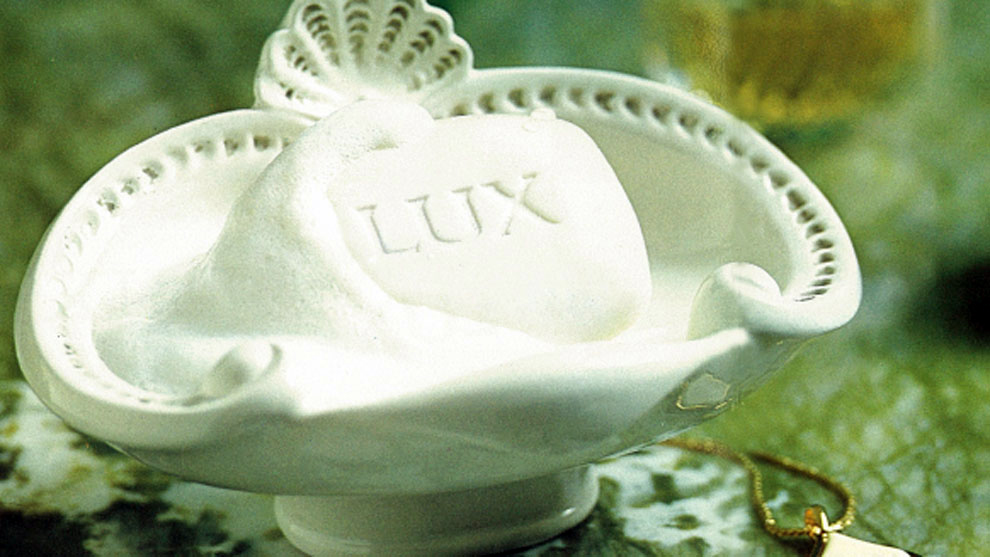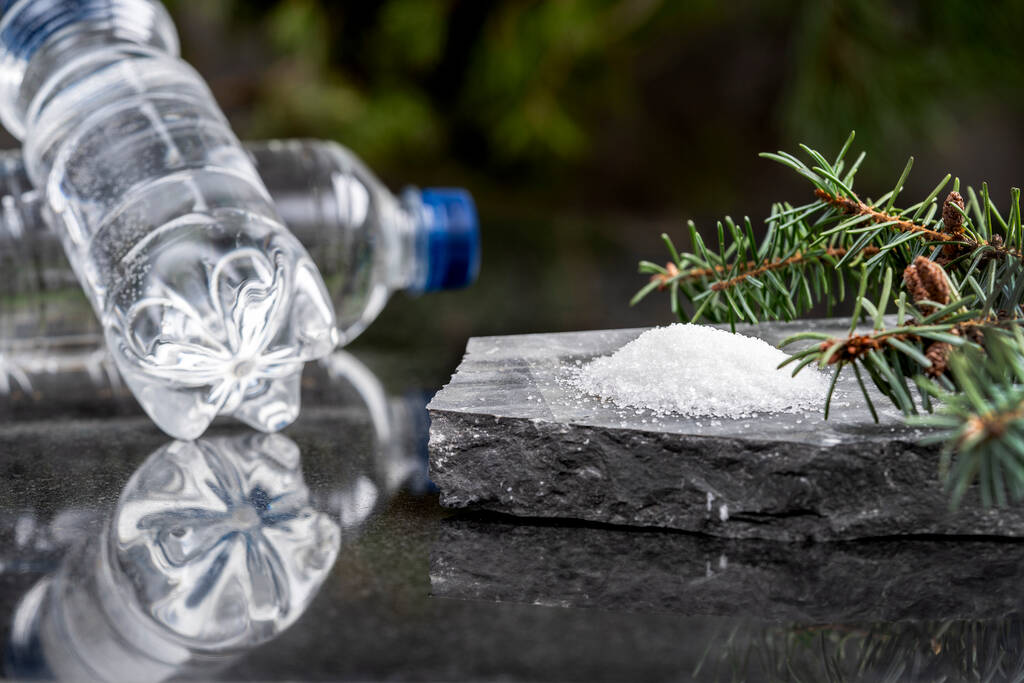Happy April 1 blog readers! I have finished and published Tecnon OrbiChem’s March edition of the Bio-Materials newsletter yesterday, celebrated my birthday on Wednesday, did my social media duties at the AFPM last week and all the while battling a bad cough for more than a week now. Not bad for a newly-minted 40 year old blogger.
This weekend, I am preparing for my trip and presentation to Nova Institute’s Bio-based Materials conference in Cologne on 5-6 April, so wish me luck!
In the meantime, let me remind those who will attend the BIO World Congress on April 17-20 in San Diego that I am moderating an oleochemical session on April 20 with panelists from Novamont, Verdezyne, Nucelis and from the Malaysian Biotechnology Corporation. More information below:
Track: Renewable Chemical and Biobased Materials
Title of Session: High Value Renewable Chemicals from Vegetable Oils
When: 20 April 2016 at 08:30-10:00 am
Where: San Diego Convention Center (SDCC) in San Diego, CA
Moderator: Doris de Guzman, Senior Consultant – Bio-Materials, Tecnon OrbiChem
Panel:
Zainal Azman Abu Kasim, Malaysian Biotechnology Corporation
Thomas Beardslee, Verdezyne, Inc.
Stefano Facco, Novamont SpA
Erich Rosenberger, Nucelis
Attend my session to learn about:
• Oleochemicals: A perspective from a matured renewable chemical sector
• New Renewable Building Blocks from Renewable Vegetable EU Resources
• The Emergence of Advanced Oleochemical Industry and the Future Outlook of Bio-Based Chemical in Malaysia
• Challenges and Opportunities in Commercializing a Fermentation-based Production Platform
• Progress Towards Verdezyne’s Commercial Bio-based DDDA
And this leads to my post on Verdezyne’s announcement last month about its distribution deal with Connell Bros. Co. LLC, reportedly the largest marketer and distributor of specialty chemicals in Asia-Pacific. Connell will sell and distribute Verdezyne’s BIOLON DDDA (bio-based dodecanedioic acid or D12), which will soon be produced at Verdezyne’s commercial-scale plant in Malaysia. The bio-based DDDA will be distributed in 17 countries throughout Asia-Pacific including China, Japan and South Korea.
The agreement assures Connell Bros. Co. access to more than 10% of Verdezyne’s expected plant capacity, which is projected to be up to 9 ktpa of diacids including DDDA. The facility will be completed in 2017.
Last year, Verdezyne also signed a distribution deal with Will & Co. for the sales and marketing of BIOLON in Europe. This agreement will supposedly off-take around 25% of Verdezyne’s projected capacity. I have analyzed the DDDA market including current suppliers at the recent Tecnon OrbiChem Bio-Materials newsletter.
In another lipids-based news, TerraVia (formerly called Solazyme) has signed a definitive five-year global supply agreement with Unilever for the purchase of TerraVia’s algae oils for use in personal care products. Unilever began incorporating the algae oils into its Lux brands since 2014, which are being produced and delivered routinely to Unilever from the Solazyme Bunge Renewable Oils facility in Brazil. The new supply agreement includes a broad portfolio of oils for use in Unilever’s personal care products. Pricing terms will be based upon variable production costs plus a defined contribution margin. Oils purchased under this new supply agreement are expected to represent a total revenue of more than $200 million over the term of the agreement.
TerraVia recently restructured itself with its new company name and focus on food, animal nutrition and specialty personal care ingredients. The company has now moved most of its industrial business including fuels, industrial oils and Encapso to a business unit called Solazyme Industrials, which will probably be divested over the next 12-18 months.
Now I wouldn’t categorized Unilever’s algae oils requirements as under specialty personal care ingredients especially if their algae oils are only being used in soap bars but I guess it is not easy to pass up a big volume customer such as Unilever. Solazyme originally had a 10 kt supply deal with Unilever before this new agreement. The companies did not indicate how much supply Unilever will require for this new five-year deal. TerraVia’s Brotas plant has a capacity to produce 100 ktpa of algal oils and derivatives. If the company is expecting a total revenue of ~$200m+ in five years and calculating in a rough average price of lauric oils, Unilever could probably account for a quarter of the Brotas plant algae oil production each year.






2 responses to “Lipids-based chemicals news”
Great post Doris. 40 is clearly the new 20 and these renewable chemicals must keep you young. On TerraVia: I wonder if the cost+ Lever business will not end up being part of the rump Solazyme that is sold off in a year or so? As you say, bar soap is hardly a specialty application in the traditional sense!
Thanks for reading Neil. I don’t know where the Unilever deal will end up but I think it will sure help TerraVia to keep Unilever as a customer for awhile even though it will not be as profitable for them. Specialty personal care ingredients, food/animal nutrition applications do take quite some time to be developed and approved, and they don’t require big oil volumes for those.
Unilever is also reportedly looking to expand in premium personal care products (e.g. acquisition of Murad, Dermalogica, REN…) and that could maybe use algae oil-based ingredients in the future. Solazyme already has Algenist and I could see Unilever acquiring this brand if it’s already doing well in the market.
My two cents :).